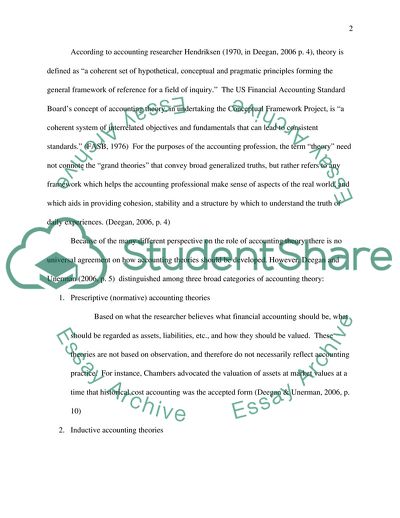Cite this document
(Whether or Not Accounting Is an Objective Subject Coursework, n.d.)
Whether or Not Accounting Is an Objective Subject Coursework. Retrieved from https://studentshare.org/finance-accounting/1728819-accounting-is-an-objective-subject
Whether or Not Accounting Is an Objective Subject Coursework. Retrieved from https://studentshare.org/finance-accounting/1728819-accounting-is-an-objective-subject
(Whether or Not Accounting Is an Objective Subject Coursework)
Whether or Not Accounting Is an Objective Subject Coursework. https://studentshare.org/finance-accounting/1728819-accounting-is-an-objective-subject.
Whether or Not Accounting Is an Objective Subject Coursework. https://studentshare.org/finance-accounting/1728819-accounting-is-an-objective-subject.
“Whether or Not Accounting Is an Objective Subject Coursework”. https://studentshare.org/finance-accounting/1728819-accounting-is-an-objective-subject.


